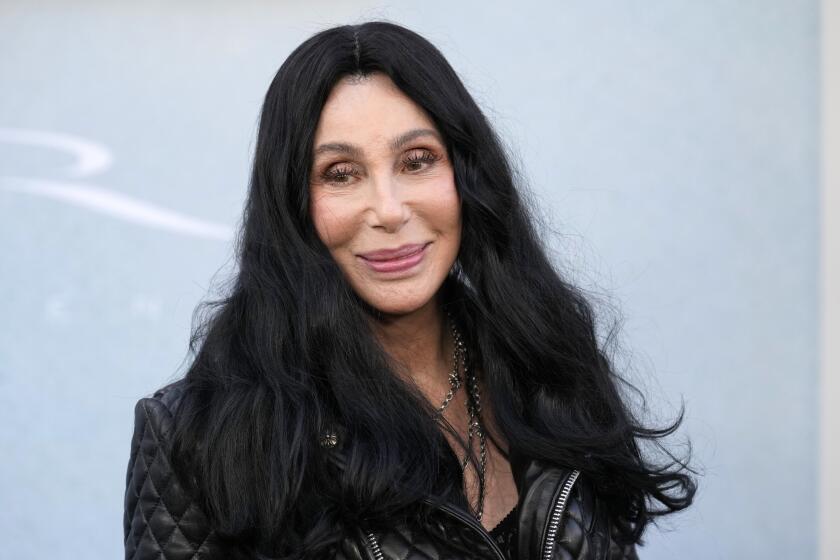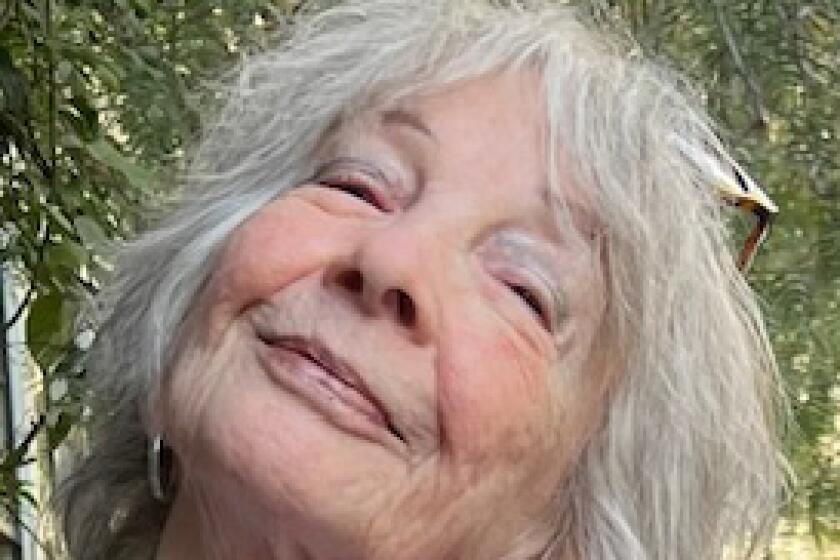The Poet at Ninety
Medical scientists studying population statistics have observed that uneventful lives led in remote mountain villages in an atmosphere of utter monotony and boredom are conducive to remarkable longevity. Czeslaw Milosz seems to have followed quite the opposite recipe--but then, poets are hardly material for statistics. Torn from birth between various loyalties and conflicting cultures, confronted in turn with the atrocities of war and the cruel dilemmas of exile, he has lived nine decades of the most hideous century in all history, having witnessed at close range the unspeakable terrors of our time; his clearsightedness is still guiding us today as we enter the new millennium: Poeta Vates.
Fifty years ago already, recalling his experiences, Milosz warned us: “If something exists in one place, it will exist everywhere.” With their appalling lack of imagination, “the inhabitants of Western countries little realize that millions of their fellow men who seem superficially more or less similar to them live in a world as fantastic as that of the men from Mars.” The everyday order of our lives may seem to us natural and permanent, but it is in fact as fragile and illusory as the cardboard props on a theatrical stage: It can collapse in a flash and turn at once into black horror. Our condition is forever precarious; even basic human decency can shatter and vanish in an instant: “The nearness of death destroys shame. Men and women change as soon as they know that the date of their execution has been fixed by a fat little man with shiny boots and a riding crop. They copulate in public, on the small bit of ground surrounded by barbed wire--their last home on Earth. And man is so plastic a being that one can even conceive of the day when a thoroughly self-respecting citizen can crawl about on all fours, sporting a tail of brightly colored feathers as a sign of conformity to the order he lives in.”
Culture is the essential evidence and ultimate defense of our human dignity. Yet, in the Western world, how much of what passes now for culture is mere sham? Sometimes, in extreme circumstances, the test of reality alone can expose these frauds: “A man is lying under machine-gun fire on a street in an embattled city. He looks at the pavement and sees a very amusing sight: the cobblestones are standing upright like the quills of a porcupine. The bullets hitting against their edges displace and tilt them. Such moments in the consciousness of a man judge all poets and philosophers.... The vision of the cobblestones is unquestionably real, and poetry based on an equally naked experience could survive that judgment day of man’s illusions.”
To ensure “the elimination of the emotional luxuries” that litter and clog our literary and artistic productions, we may perhaps be spared such a trial by machine-gun fire; instead, let us at least always remain under the gaze of incorruptible poets.
More to Read
Sign up for our Book Club newsletter
Get the latest news, events and more from the Los Angeles Times Book Club, and help us get L.A. reading and talking.
You may occasionally receive promotional content from the Los Angeles Times.






